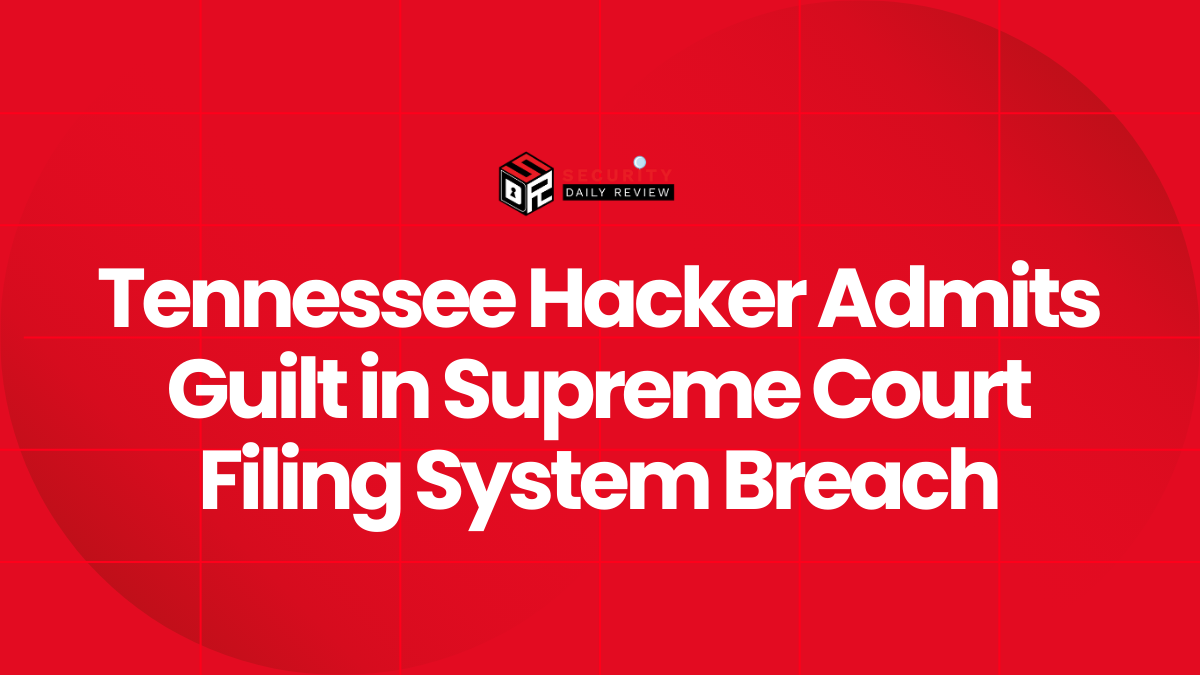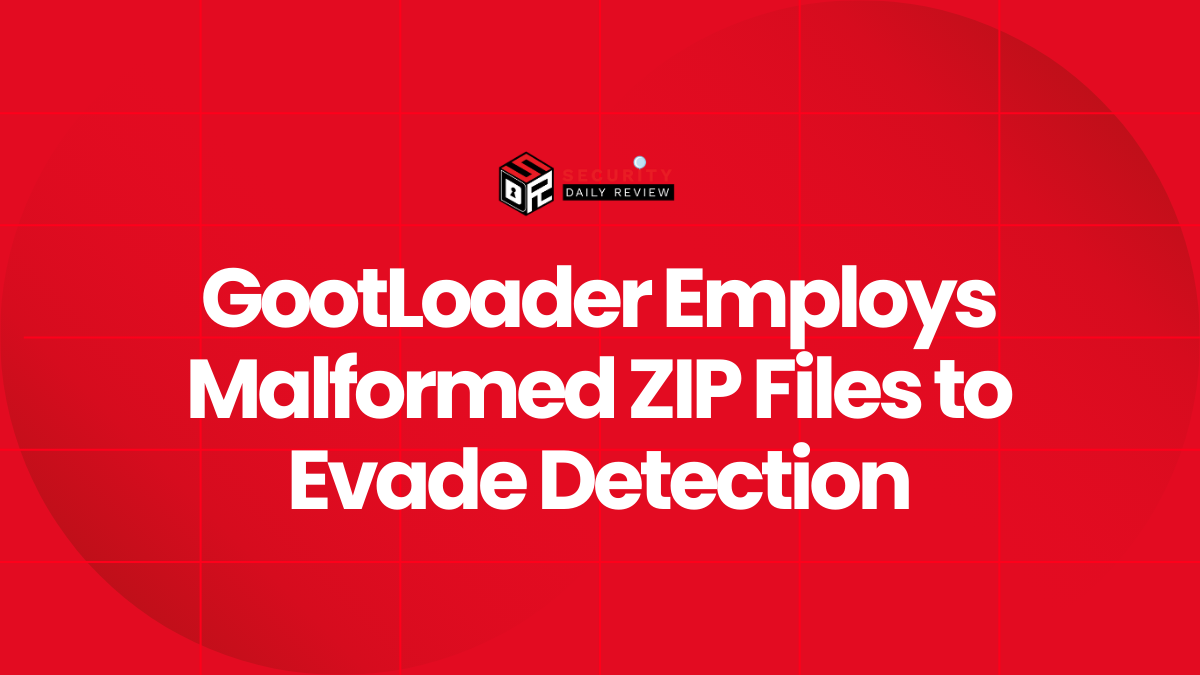A novel supply chain attack has struck the Node Package Manager (npm) registry, this time diverging from typical malware-focused incidents. Described by Amazon as “one of the largest package flooding incidents in open source registry history,” the event reflects a growing evolution in threat actor tactics. Rather than injecting malware or ransomware payloads, this campaign was designed for token farming, marking an unusual pivot in high-volume package abuse.
Attack Volume Signals Strategic Shift in Threat Actor Objectives
Amazon security researchers discovered new motivations behind the flood of npm packages.
The attack manifested as a high-volume upload of seemingly benign packages to the npm registry. While similar past events aimed to deploy credential stealers, backdoors, or ransomware, the objective of this incident was different. Amazon Technical Experts Association (TEA) reported discovering that the packages were not rigged with traditional malware, but instead sought to exploit the decentralized application (dApp) ecosystem.
These packages targeted developers working within environments tied to crypto applications or blockchain wallets. When installed, the modules covertly harvested authentication tokens, allowing attackers to siphon digital assets or impersonate users within decentralized platforms.
The TEA team emphasized the scope and scale of this attack:
- Thousands of packages were created to overwhelm and exploit npm’s indexing system
- Packages employed minor variations in naming to avoid traditional signature-based detection
- Most modules lacked any overtly malicious code, complicating detection efforts
Token Harvesting Replaces Malware Payloads to Evade Detection
Token farming introduces new persistence and exfiltration techniques across open source ecosystems.
Token farming is the process of stealing or capturing digital tokens, usually from crypto wallets or APIs, and repurposing them for unauthorized access or financial gain. In this campaign, attackers demonstrated a deep understanding of open source supply chains and developer trust models.
Instead of exploiting outright vulnerabilities, the attackers banked on the transitive trust developers place in packages with innocuous names or those mimicking legitimate libraries. These packages:
- Included subtle internal logic to exfiltrate environment variables
- Interfaced with local wallet configurations or browser extensions
- Phoned home to attacker-controlled servers with stolen token data
The absence of ransomware, keyloggers, or disruptive code allowed these libraries to avoid immediate security flags, enabling prolonged presence in the registry.
Amazon Warns of Increased Abuse of Open Source Dependencies
Security experts highlight the growing role of token-based attacks in software supply chain threats.
Amazon’s security division asserts that this incident indicates a rising trend where attackers leverage open source registries not to deploy damage-causing payloads immediately, but to conduct reconnaissance, stage theft, or farm valuable authentication information.
The platform’s openness—long a strength of the npm community—has now become a double-edged sword. Amazon warns that the growing prevalence and success of supply chain attacks is due in part to:
- The automated nature of package indexes
- Overreliance on shallow security audits before install-time
- Limited enforcement of package moderation policies
These findings echo broader concerns in the cybersecurity community about the vulnerability of software supply chains to low-complexity, high-scale abuses.
Developer Vigilance Key to Mitigating Evolving Supply Chain Risks
Preventive hygiene and registry-level defense mechanisms remain primary defense methods.
Amazon urges developers and DevOps teams to adopt an active stance on package verification and to scrutinize dependencies, especially in high-trust environments like CI/CD pipelines or dApp development frameworks. Mitigation strategies should include:
- Pinning package versions to avoid automatic resolution to malicious updates
- Regular audits using tools designed to detect behavioral anomalies
- Monitoring for unusual network activity from build environments
Security platforms also need to evolve to track the behavioral signatures of token farming, which may differ substantially from malicious code intended to deploy ransomware or trigger alarms.
Implications for the Future of Open Source Security
The incident underscores the shift from traditional malware to cryptoeconomics-driven campaigns.
As open source infrastructure continues to underpin modern software development, threat actors are harnessing these platforms not just for initial infection vectors, but for economic exploitation of authentication and cryptographic assets. Token farming represents a newer class of attack where malicious dependencies operate silently but lucratively.
Amazon’s uncovering of this significant npm package flooding incident brings attention to an under-regulated threat vector in open source security. With no zero-day exploit or malware string in sight, the malicious outcome lay entirely in the unexpected misuse of trusted environments. The need for hardened vetting at the registry level—and for developers to reassess trust assumptions—is greater than ever.










